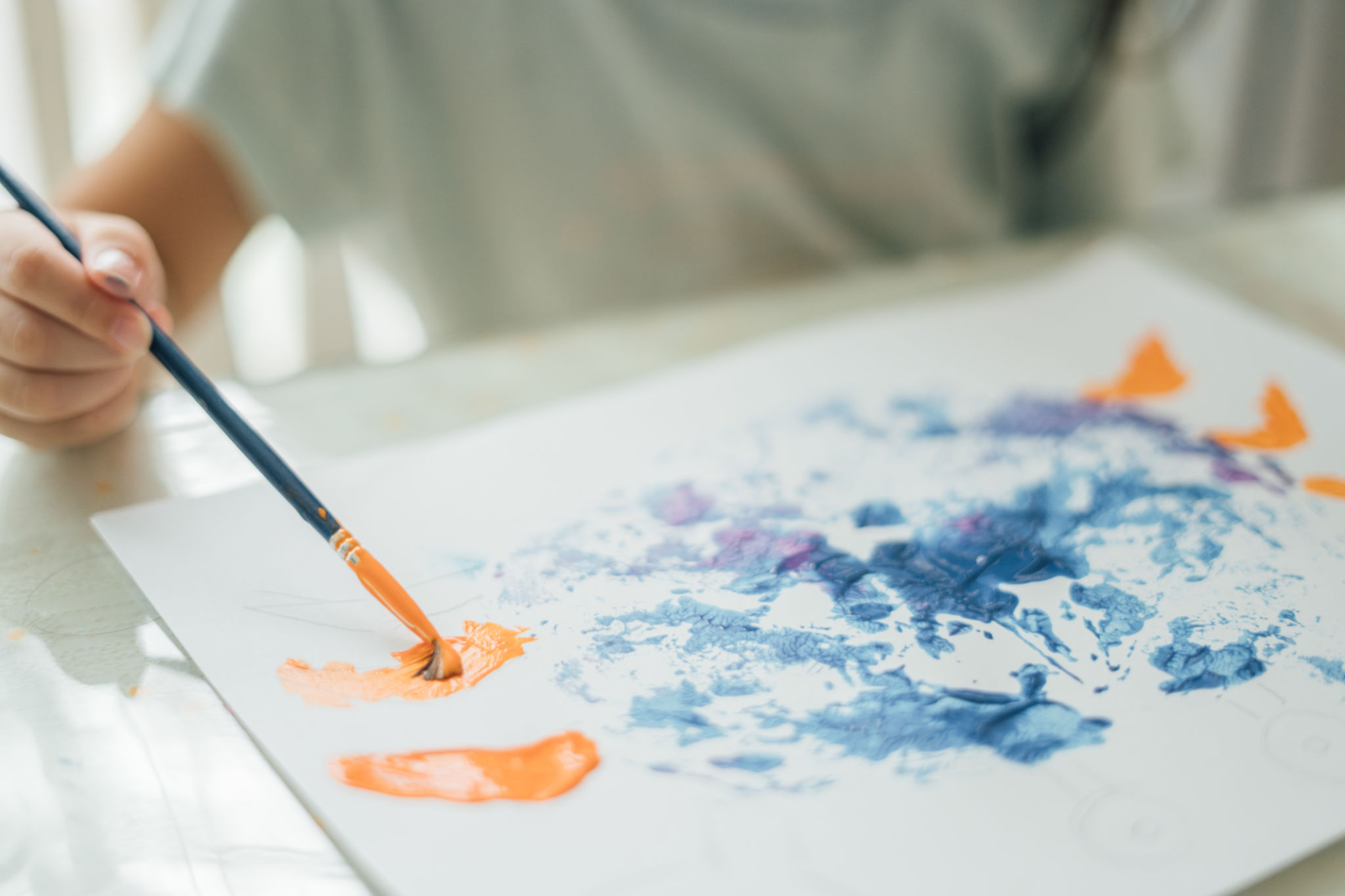The Role of Art in Homeless Recovery: Insights from Seattle Experts
The Healing Power of Art
Art has long been recognized as a powerful tool for expression and healing. For individuals experiencing homelessness, art can serve as a critical component of recovery, offering a means of communication and a sense of accomplishment. In Seattle, experts are harnessing the transformative power of art to aid in the recovery of homeless individuals.

Building Community Through Creative Expression
One of the key benefits of art in homeless recovery is its ability to foster a sense of community. Art programs in Seattle are designed to bring people together, encouraging collaboration and support among participants. This shared experience can help reduce the isolation often felt by those experiencing homelessness.
Community art projects, such as murals and group exhibitions, not only beautify public spaces but also provide a platform for homeless individuals to share their stories and talents with the broader community. This fosters greater understanding and empathy between the housed and unhoused populations.
Art as a Tool for Personal Growth
Art can also play a significant role in personal development for those in recovery. It allows individuals to explore their identities, process trauma, and envision a brighter future. Through creative expression, participants can gain confidence in their abilities and develop valuable life skills.

Seattle's art programs often include workshops that teach a variety of artistic techniques, from painting and sculpture to digital media. These sessions not only provide technical skills but also encourage participants to set goals and push their creative boundaries.
Collaboration with Local Artists and Organizations
The success of art programs in homeless recovery often relies on strong partnerships with local artists and organizations. In Seattle, many initiatives collaborate with established artists who mentor participants and help showcase their work to the public.
These collaborations can also lead to opportunities for homeless individuals to sell their art, providing them with an additional source of income and a sense of financial independence. By connecting with the local arts community, participants gain valuable networking opportunities that may open doors to future employment or artistic endeavors.

Overcoming Challenges
While art can be a powerful tool for recovery, implementing such programs is not without challenges. Funding remains a significant hurdle, as resources are often limited. However, many Seattle-based organizations are finding innovative ways to secure support through grants, donations, and partnerships.
Another challenge is ensuring that programs are accessible to all who need them. This involves providing transportation options, flexible scheduling, and diverse program offerings to accommodate varying interests and abilities.
The Impact on Mental Health
The mental health benefits of art are well-documented, and for those experiencing homelessness, these benefits can be life-changing. Engaging in creative activities has been shown to reduce stress, anxiety, and depression—conditions that are prevalent among homeless populations.
By incorporating art into recovery programs, Seattle's experts are providing homeless individuals with essential tools for improving their mental well-being. This holistic approach supports not just the physical needs of those in recovery but their emotional and psychological needs as well.
Looking Forward
The role of art in homeless recovery is gaining recognition in Seattle and beyond. As more success stories emerge from these programs, there is hope that similar initiatives will be adopted in other cities facing homelessness challenges.

By continuing to explore innovative ways to integrate art into recovery efforts, we can create more compassionate and effective solutions for addressing homelessness. The insights from Seattle's experts demonstrate that when we invest in the creative potential of every individual, we not only enrich their lives but also strengthen our communities as a whole.
